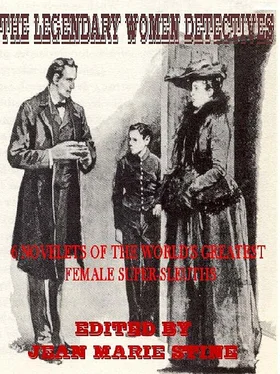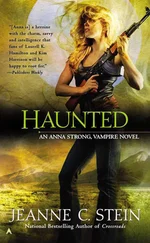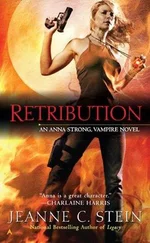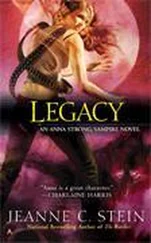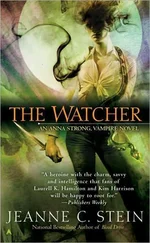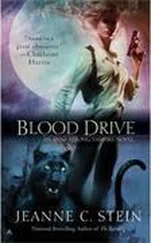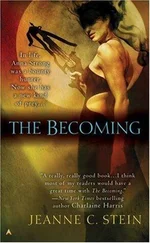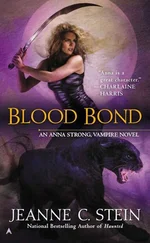Since the Inspector had disposed of the possibility that an accomplice had slipped in, taken the weapon from the towel, and slipped out of the bath with it, this evidence really made it clear that the weapon had never left hottest room.
Then the prosecution called evidence of the bad terms on which Kelstern and Willoughton had been. Three well-known and influential men told the jury about Kelstern’s efforts to prejudice Willoughton in their eyes and the damaging statements he had made about him. One of them had felt it to be his duty to tell Willoughton about this; and Willoughton had been very angry. Arbuthnot, in cross-examining, elicited the fact that any damaging statement that Kelstern made about any one was considerably discounted by the fact that every one knew him to be in the highest degree cantankerous.
I noticed that during the end of the cross-examination of the shampooer and during this evidence, Ruth had been fidgeting and turning to look impatiently at the entrance to the Court, as if she were expecting some one. Then, just as she was summoned to the witness box, there came in a tall, stooping, grey-headed, grey-bearded man of about sixty, carrying a brown-paper parcel. His face was familiar to me; but I could not place him. He caught her eye and nodded to her. She breathed a sharp sigh of relief and bent over and handed a letter she had in her hand to Willoughton’s solicitor and pointed out the grey-bearded man to him. Then she went quietly to the witness box.
Hamley read the letter and at once bent over and handed it to Hazeldean and spoke to him. I caught a note of excitement in his hushed voice. Hazeldean read the letter and appeared to grow excited too. Hamley slipped out of his seat and went to the grey-bearded man who was still standing just inside the door of the Court and began to talk to him earnestly.
Greatorex began to examine Ruth; and naturally I turned my attention to her. His examination was directed also to show on what bad terms Kelstern and Willoughton had been. Ruth was called on to tell the jury some of Kelstern’s actual threats. Then – it is astonishing how few things the police fail to ferret out in a really important case – the examination took a curious turn. Greatorex began to question Ruth about her own relations with Willoughton and the plain trend of his questions was to bring out the fact that they had not merely been engaged to be married but had also been lovers.
I saw at once what the prosecution was aiming at. It was trying to make use of the tendency of a British jury and a British judge, in a natural effort to champion morality, to hang a man or a woman, who is on trial for murder, for behaving immorally in relations with the other sex. There was no better way of prejudicing Willoughton than by proving that he had seduced Ruth under the promise of marriage.
Of course Hazeldean was on his feet at once protesting that this evidence was irrelevant and inadmissible; and of course Garbould was against him – he does not enjoy the nickname by which he is known to the junior bar for nothing. Hazeldean was magnificent. He had one of the worst rows with Garbould he had ever had; and he has had many. Garbould is a fool to let him have these rows. Hazeldean always gets the better of him, or seems to; and it does him good with the jury. But then Garbould was raised to the bench not for intelligence but for political merit. He ruled that the questions were admissible and put one or two to Ruth himself.
Then Willoughton lost his temper and protested that this had nothing to do with the case and that it was an outrage. Willoughton has a ringing voice of considerable volume. He is not at all an easy man to hush when he does not wish to hush; and they were some time hushing him. By the time they succeeded, Garbould was purplish-red with fury. Anything that he could do to hang Willoughton would certainly be done. But, observing the jury, my impression was that Willoughton’s outburst had done him good with it and that Hazeldean’s protests had ended its confidence in Garbould. When I looked at the faces, just a trifle sickly, of the counsel for the prosecution, I felt sure that the Crown had bungled this business rather badly.
Greatorex, assisted by Garbould, went on with his questions; and Ruth defiant rather than abashed, and looking in her flushed animation a more charming creature than ever, admitted that she and Willoughton had been lovers; that more than once when he had brought her home from a dance or a theatre he had not left her till the early morning. One of the maids had spied on them; and the Crown had the facts.
I was afraid, in spite of Hazeldean’s protests, that the fact that Willoughton had seduced her under the promise of marriage, as Greatorex put it, would do him great harm with the jury – very likely it would hang him.
Then Ruth, still flushed, but not greatly discomposed, said: “That would be a reason for my father’s murdering Mr. Willoughton, not for Mr. Willoughton’s murdering my father.”
That brought Garbould down upon her like a ton of bricks. She was there to answer questions, not to make idle remarks and so forth and so on.
Then Greatorex came to the breaking off of the engagement and put it to her that Willoughton had broken it off, had in fact jilted her after compromising her. That she would not have for a moment. She declared that they had had a quarrel and she had broken it off. To that she stuck and there was no shaking her, though Garbould himself took a hearty hand in trying to shake her.
In the middle of it Willoughton, who was looking quite himself again, now that the atmosphere of the Court might be said to be charged almost with violence, said in a very unpleasant, jeering voice: “What she says is perfectly true – what’s the good of bothering her?”
Again Garbould was to the fore, and angrily reprimanded him for speaking, bade him keep silent, and said that he would not have his Court turned into a bear-garden.
“With the bear on the bench,” said Hazeldean to Arbuthnot in a whisper that carried well.
Two or three people laughed. One of them was a juryman. By the time Garbould had finished with him I did not think that that juryman would have convicted Willoughton, if he had actually seen him stab Kelstern.
Willoughton was writing a note which was passed to Hazeldean.
Hazeldean rose to cross-examine Ruth with a wholly confident air. He drew from her the facts that her father had been on excellent terms with Willoughton until the breaking off of the engagement; that in that matter he had taken her part warmly; and that when the maid who had spied upon them had informed him of her relations with Willoughton he had been very little more enraged than he was already.
Then Hazeldean asked: “Is it a fact that since the breaking off of your engagement the prisoner has more than once begged you to forgive him and renew it?”
“Four times,” said Ruth.
“And you refused?”
“Yes,” said Ruth. She looked at Willoughton queerly and added: “He wanted a lesson.”
“Did he then beg you at least to go through the form of marriage with him, and promise to leave you at the church door?”
“Yes.”
“And you refused?”
“Yes,” said Ruth.
Garbould bent forward and said in his most unpleasant tone: “And why did you reject the opportunity of repairing your shameful behaviour?”
“It wasn’t shameful,” Ruth almost snapped; and she scowled at him frankly. Then she added naïvely: “I refused because there was no hurry. He would always marry me if I changed my mind and wanted to.”
There was a pause. To me it seemed clearer than ever that the Crown had bungled badly in raising the question of the relations between her and Willoughton since he had evidently been more than ready to save her from any harm that might come of their indiscretion. But then, with a jury, you can never tell. Then Hazeldean started on a fresh line.
Читать дальше
